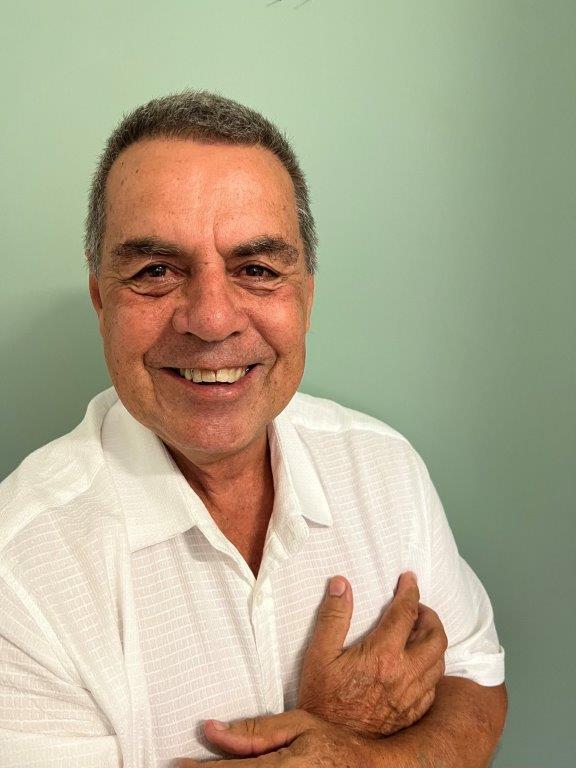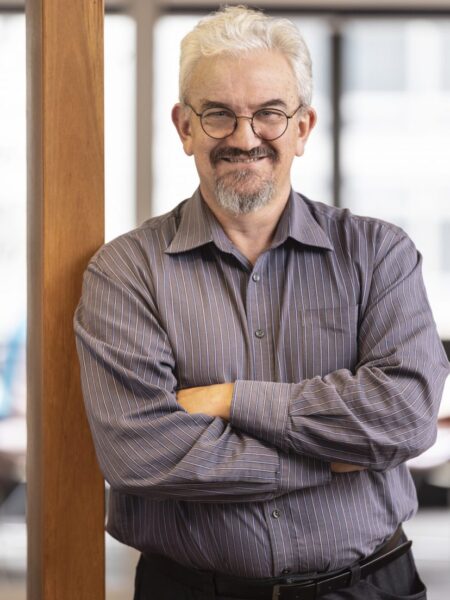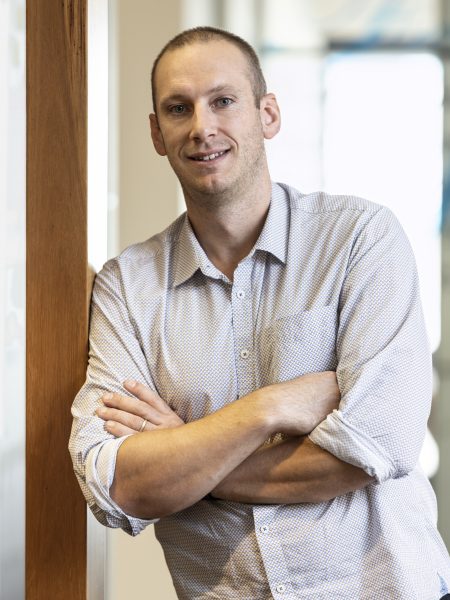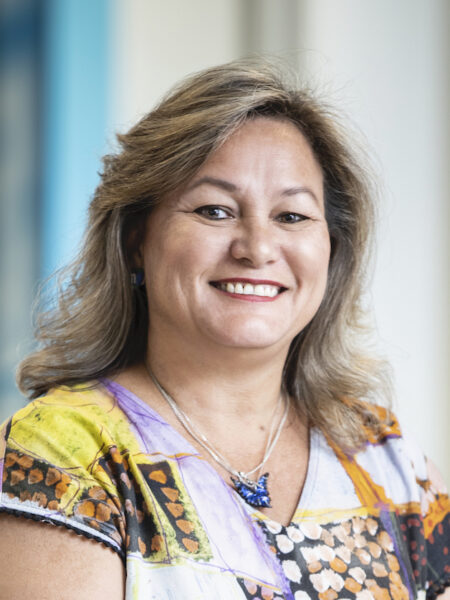Sporting events, free sausage sizzles, bacon and egg sangas, lamb chops on the BBQ, backyard cricket, union jack flags ahoy! Aussies from all over sculling slabs of beer on beaches and parklands, and by crikey! You little beauty – another public holiday!
For some of us.
For some of us – blackfullus – 26 January is a day where we mark the Invasion, Survival and of Mourning for what has been lost as a consequence of that date in 1788.
Always Was, Always Will Be.
I was born in Alice Springs in 1951 of Aboriginal and Afghan descent. All blackfullus, every night, had to be off the streets by 6pm. We had to be back at the mission block or wherever you camped and out of sight of the whitefullus.
26 January reminds me of this.
If not, the patrol men or coppers would grab you and send you away. Far away from your family and in most cases never to see or reconnect with your family ever again. The lived reality of the White Australia Policy.
26 January reminds me of this.
We were deemed as inferior human beings by so many colonists, we were considered savages of no intelligence.
The thinking was to breed us out, massacre us and enslave our survivors. Our women were to keep the station houses neat and tidy, cook, wash and scrub their clothes, look after and watch over the children and any other domestic duties the Boss Lady demanded.
The Big Boss would, out of sight of everyone, have his own demands for his young piccaninnies.
The black stockmen, the backbone of the pastoral industry, built the infrastructure across the nation and particularly in remote Australia for no monetary wages.
My great grandmother was born at Horseshoe Bend in the Dry riverbed of the Finke River, the oldest river in the world. She gave birth there to my grandfather. His father, my great grandfather, was an Afghan Cameleer.
My grandmother was born near an old railway siding called Malbon, 24 kilometres south of Cloncurry in outback Queensland. She was ‘promised’ to my grandfather and at sixteen, pregnant with her first of 14 children, she rode the camel trains throughout outback QLD, NSW, SA and the NT. My Mum was the oldest girl and I am the first grandchild.
My great-grandmother and her husband were left, by the station owner, in the bush with roles of plain and barbed wire and a few axes for months at a time to chop timber for fencing and built paddocks over hundreds of miles.
26 January reminds me of this.
As a young fullu I naively asked, “but where did you sleep and what did you eat?”
“The Boss bring us tea, sugar and flour… sometimes” my grandmother’s voice would say softly.
These stories I grew up hearing, the pained look, the trauma and scars of survival etched on their bodies always filled me with anger for those who perpetrated disgusting acts against my mob.
This appalling and degrading treatment of my ancestors over the decades made me angry and still today rushes to the front of my mind when for weeks Australia gears up to celebrate 26 January with no regard for the tragedy and historical crimes that have flown from this date with no regard.
26 January for me usually involves memories leaping from the depths into the reality of today.
Despite the hurt, anger, and the sorrow that 26 January brings up in me, the day also reminds me of the abiding quality that my great grandmother, grandmother and my mother had one thing in common – Empathy! These women, despite their lives were living examples of empathy; empathy and love for everyone.
I never heard these beautiful women complain about their treatment by Europeans. I know of their treatment, which over my life has made my blood boil as they all just accepted their ‘lot’ in life. And yet they had a powerful capacity for empathy and understanding in their lives.
26 January reminds me of this.
The world has seen, and we all know of the Maori Haka. A fierce display of Pride, Strength and Unity. ‘Gifted’ by the traditional Maori owners of Aotearoa to all New Zealanders. It has been accepted and adopted by all New Zealanders and is performed with pride by Maori, Pacifica and Pākehā (whitefella) alike. Things aren’t perfect in New Zealand but there is an acceptance of the past and a coming together – as shown by the Haka and the pride In Maori culture – that we are still fighting for here in this country.
What can we, as Aboriginal and Torres Strait Islander peoples give to Australia?
In my humble view, it’s not a dance, a song, a poem or a painting. The gift we can give is empathy. Empathy should be the thing that brings us together and helps us to acknowledge the past and face the future together as a single people. This is what 26 January should be about. The name or date of Australia Day is not an issue for me, on 26 January I will continue to celebrate with pride the millenia-long history of the continuing culture of this continent and with the empathy of the old women, wait in hope for a time when we are reconciled to our shared truth.
Always Was, Always Will Be.



